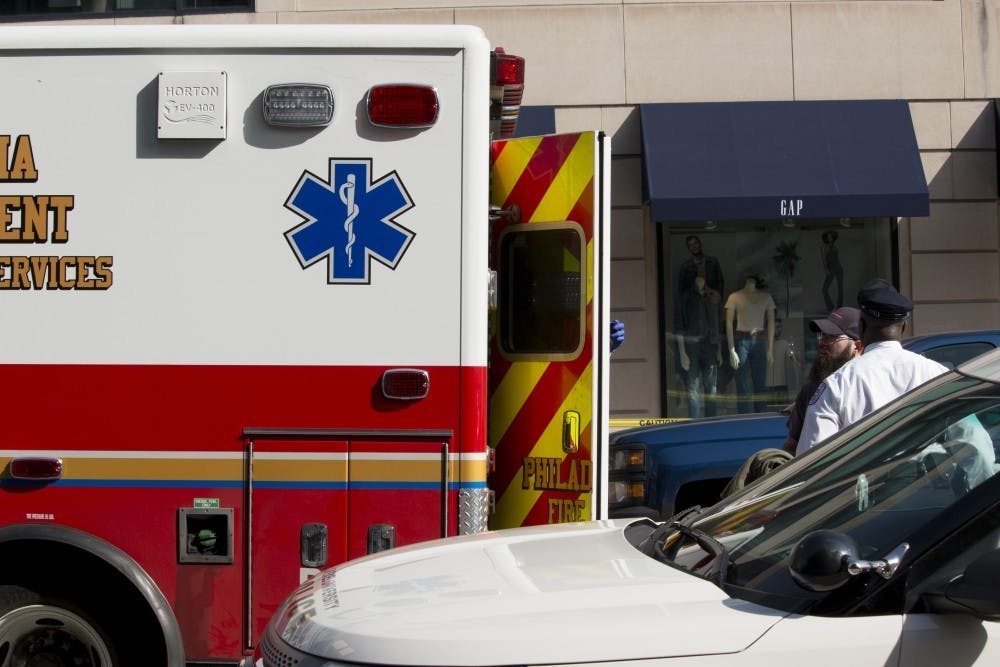
Penn doctors are leading workshops for West Philadelphia youth on how to stop gunshot wounds from bleeding and were recently featured in WHYY, a local member station of National Public Radio.
The initiative is part of the White House's "Stop the Bleed" national campaign, which was launched in 2015 and aims to "cultivate grassroots efforts that encourage bystanders to become trained, equipped, and empowered to help in a bleeding emergency before professional help arrives."
Penn Medicine's Trauma Program started the local campaign with the School District of Philadelphia in September of 2016 and was funded through a grant from the Penn Medicine CAREs program. Penn Medicine provided more than 250 Philadelphia school nurses with hands-on training, using a framework heavily influenced by military trauma care during wars in Afghanistan and Iraq.
During the workshops, participants learn how to utilize tourniquets to stop bleeding, pack a gash with gauze, and quickly stop blood flow by applying pressure.
Jeremy Cannon, associate professor of surgery at the Hospital of the University of Pennsylvania, said that in a city like Philadelphia where hundreds of shootings occur each year, learning these basic techniques is invaluable. According to the Philadelphia Police Department, in 2016, there were a total of 4934 violent crime offenses that involved guns.
“I see situations on a nightly, weekly, monthly basis where a tourniquet would have potentially been life-saving,” Cannon told WHYY.
Najeer Francis, a junior at Sayre High School, told WHYY he wished he had learned these skills earlier. He had witnessed his friend being fatally shot last year. By the time the ambulance arrived, too much time had passed.
“Much like CPR, lifesaving maneuvers can be performed by anyone, yet the general public remains largely unfamiliar with proper application of tourniquets and other bleeding control procedures,” John Gallagher, director of Penn’s Stop the Bleed campaign and Trauma Program Manager at HUP, told Penn Medicine News. “Our goal is to empower the public – and especially people who are more likely to witness an active shooter or another devastating incident – to save lives.”
The Daily Pennsylvanian is an independent, student-run newspaper. Please consider making a donation to support the coverage that shapes the University. Your generosity ensures a future of strong journalism at Penn.
Donate




